
For more information on undergraduate studies at Western Science, please contact:
Dr. Jeff Hutter
Associate Dean, Academic Programs
Email: acadsci@uwo.ca

Westerns Science offers 8 departments and 2 major inter-faculty programs designed to provide students with an in-depth and hands-on learning experience that helps develop the technical skills needed to succeed post-graduation. Learning-rich and authentic contexts are hallmarks of our courses, field activities and high-impact programs, as are the dedication and expertise of our instructors. Enjoy uncovering all that our departments can offer.

The Department of Applied Mathematics cultivates a broad knowledge of basic and applied mathematics while developing skills in the use of numerical and computational methods. The expertise acquired in Applied Mathematics is useful to solve complex problems in the natural, social and applied sciences. Areas of speciality include theoretical chemistry, quantum systems, bioinformatics, fluid mechanics, finance, computer science, environmental modeling, and environmetrics.
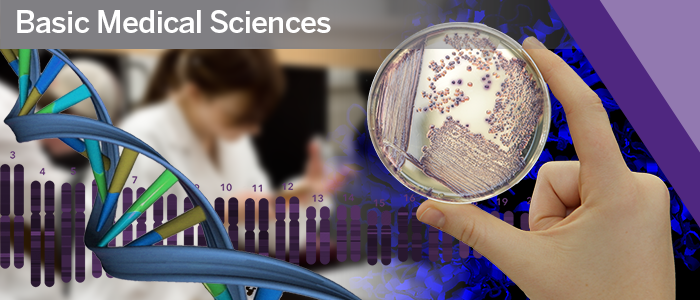
The Bachelor of Medical Sciences (BMSc) degree is a four-year degree offered jointly by the Faculty of Science and the Schulich School of Medicine & Dentistry. This joint approach provides the opportunity to learn and understand the interrelationship between the basic and clinical medical sciences and to explore one or more of the disciplines in medical sciences.
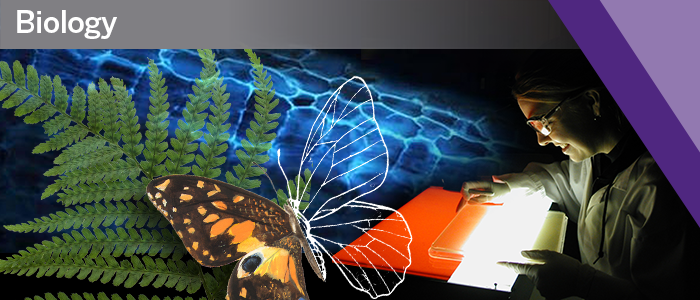
Biology at Western is an exciting, dynamic and broad-ranging subject that addresses the complexity of living organisms and encompasses topics such as the role of specific genes in embryo development, flowering or behaviour, and broad-scale interactions between organisms in ecosystems and the environment.

Chemistry is the study of the elemental composition, structure, properties and reactivity of atoms and molecules. From the simplest gaseous element to complex structures such as proteins, chemistry impacts all aspects of everyday life. Chemists strive to understand and control the fundamental structure-property relationships of molecules. Building on this foundational knowledge they develop new materials for applications in areas such as life and health sciences, pharmaceuticals, nanoscience, electronics and next generation environmental initiatives (fuel cell and solar panel technology for example).

Computer Science provides a foundation enabling graduates to adapt to new technologies and ideas in an information-driven world. From designing and building software to developing effective ways to solve computing problems and providing new approaches to cybersecurity, computer science at Western addressing challenges in diverse areas such as game development, medical imaging, social and mobile computing, or bioinformatics. In 2016, the Princeton Review named Western Computer Science among the top destinations in the world to study game design.
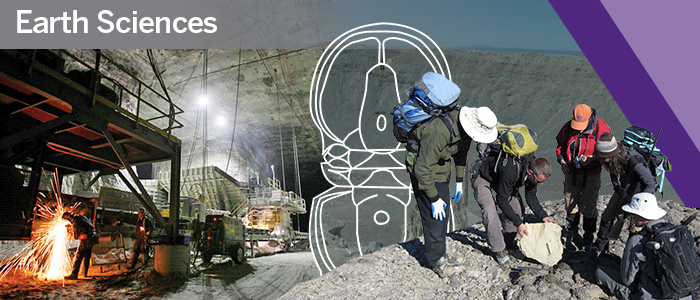
Earth Sciences at Western focusses on addressing the structure and dynamic character of the Earth's interior, the evolution of life and our ever-changing climate, the formation and geology of our planet and its relation to other bodies in the solar system, and the occurrence and management of the precious natural resources on which our twenty-first century society depends.
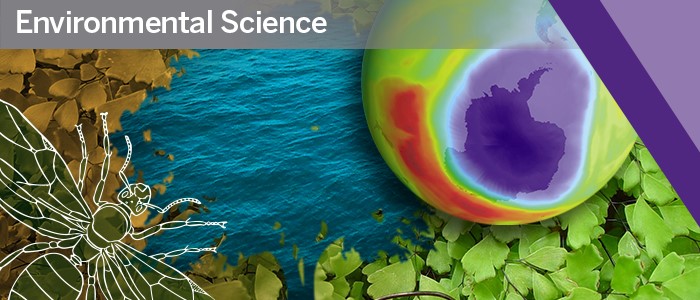
Environmental Sciences provides students with a wide variety of outlooks on processing environmental issues ranging from biodiversity loss, access to safe and clean water, energy, renewable resources, to ecosystem health, natural disasters, and sustainable business practices.

Mathematics is the rigorous study of quantity, structure, space and change. which appear in all forms of scientific inquiry. Western Science examines several areas of contemporary mathematics including algebra, analysis and analytic geometry, homotopy theory, and noncommutative geometry.
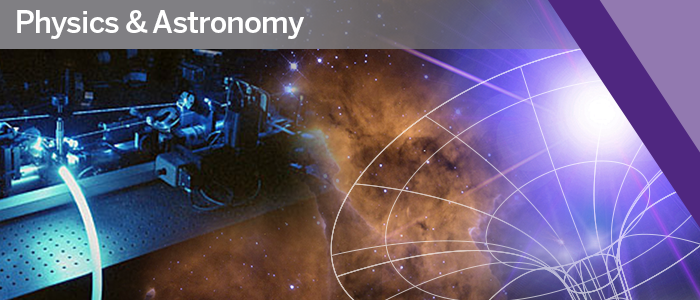
Physics is the study of nature at its deepest level. From theoretical to practical physics, Western Science is exploring its applications to medicine, planetary processes, the utility of condensed matter, nanotechonology, and material sciences. Astronomers at Western are seeking to understand the nature of the universe and its constituents. Through visible to short-wave telescopes and large-scale computer simulations, department scholars contribute to our understanding of the universe.
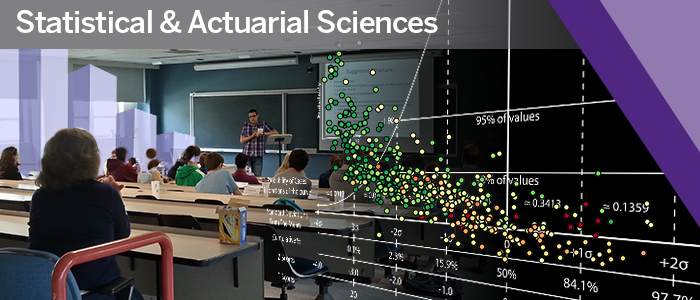
The analysis of big data through mathematical and probability modelling allows us to answer the questions facing all aspects of society. Statistical & Actuarial Science scholars are leading efforts to create predictive models addressing issues in finance, healthcare and environment and sustainability.